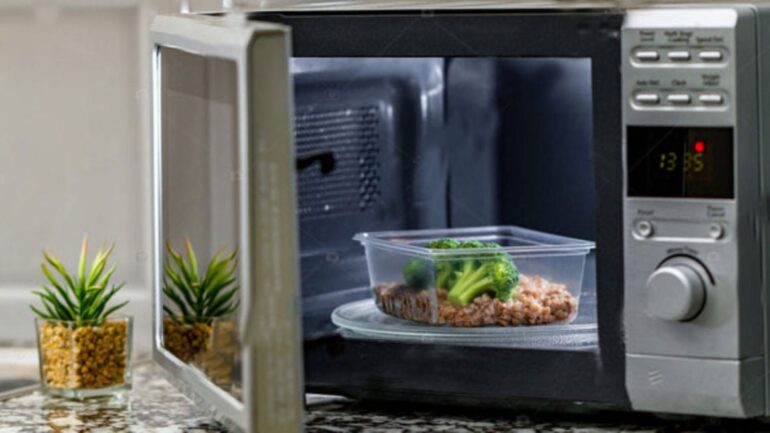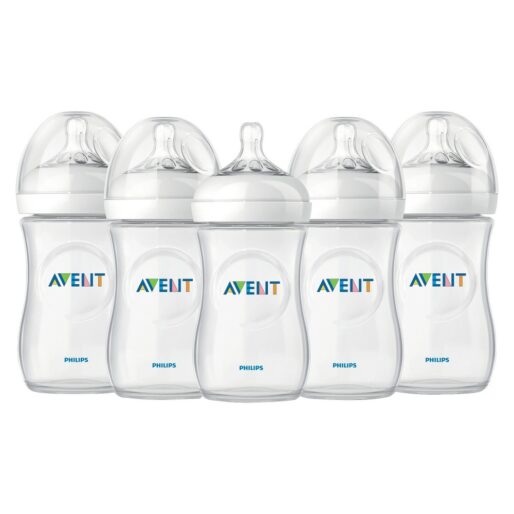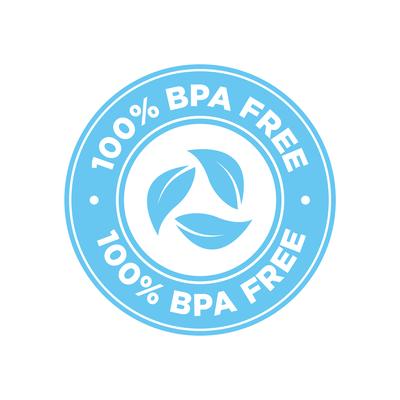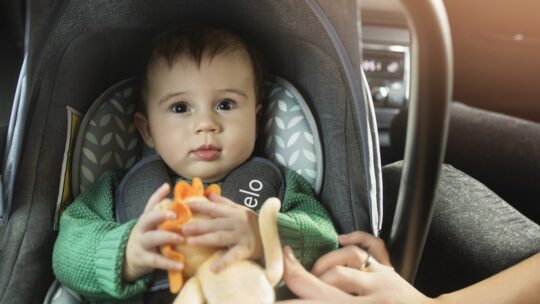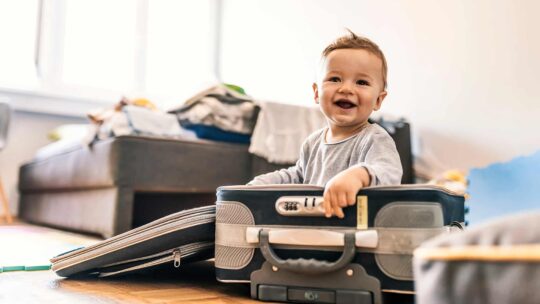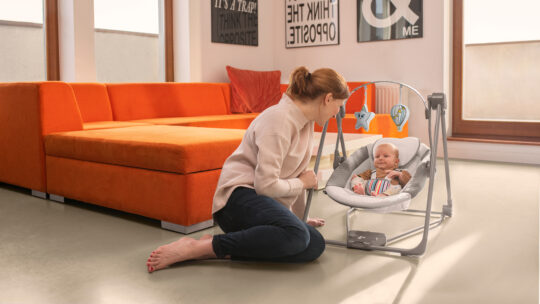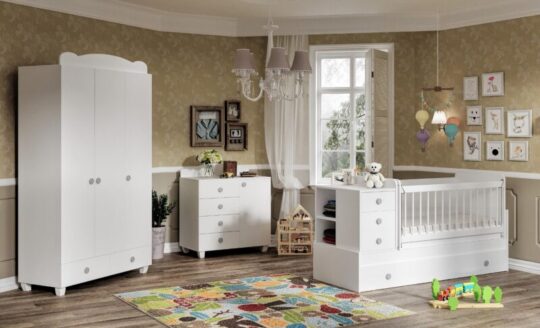- Your cart is empty
- Continue Shopping
The Dangers of BPA Material on Babies: What Every Parent Should Know

As parents, we strive to provide a safe and healthy environment for our babies. However, there are hidden dangers lurking in everyday items that can potentially harm our little ones. One such concern is the use of Bisphenol A (BPA) in baby products. In this blog post, we will explore what BPA is, its presence in common baby items, and the potential risks it poses to our babies’ health.
Understanding BPA:
Bisphenol A (BPA) is a chemical compound used in the production of polycarbonate plastics and epoxy resins. It is commonly found in a range of consumer products, including baby bottles, sippy cups, food storage containers, and even baby toys. BPA is known to leach into food and liquids when these products are heated, washed, or scratched.
The Risks for Babies:
Research has raised concerns about the potential health effects of BPA exposure, particularly on infants and young children. Here are some of the dangers associated with BPA material:
- Hormonal Disruption: BPA is an endocrine disruptor, meaning it can interfere with the body’s hormone system. Exposure to BPA has been linked to hormonal imbalances, which could impact the development of the reproductive system, brain, and behavior in babies.
- Neurodevelopmental Issues: Studies have suggested a potential association between BPA exposure and adverse effects on brain development, leading to behavioral problems, learning difficulties, and impaired cognitive function in infants.
- Increased Health Risks: BPA exposure has been linked to an increased risk of certain health conditions, including obesity, diabetes, asthma, and cardiovascular problems. Babies exposed to BPA at an early age may be more susceptible to these health issues later in life.
Tips for Minimizing BPA Exposure:
To protect your baby from the potential dangers of BPA, consider the following recommendations:
- Choose BPA-Free Products: Look for baby bottles, sippy cups, and food containers labeled as “BPA-free.” Opt for alternatives made from glass, stainless steel, or BPA-free plastics.
- Avoid Heating Plastic Containers: Refrain from microwaving or using plastic containers to heat food or liquids. Instead, use glass or ceramic containers for heating purposes.
- Use Glass or Silicone Baby Bottles: Consider using glass or silicone baby bottles, as they are free from BPA and other harmful chemicals.
- Check Labels: Read product labels carefully to identify BPA-free options. Look for alternatives that are explicitly labeled as being free from BPA or other harmful chemicals.
As parents, it’s essential to be aware of potential hazards that could affect our babies’ health. BPA, a chemical commonly found in everyday baby products, poses risks that should not be ignored. By understanding the dangers associated with BPA and taking proactive steps to minimize exposure, we can create a safer environment for our little ones. Choose BPA-free alternatives and prioritize their well-being, ensuring a healthier start in life for your baby.
At OZEYHOME, we are keen to provide all safe and suitable products for your child, to view the products and order, please visit the link:









